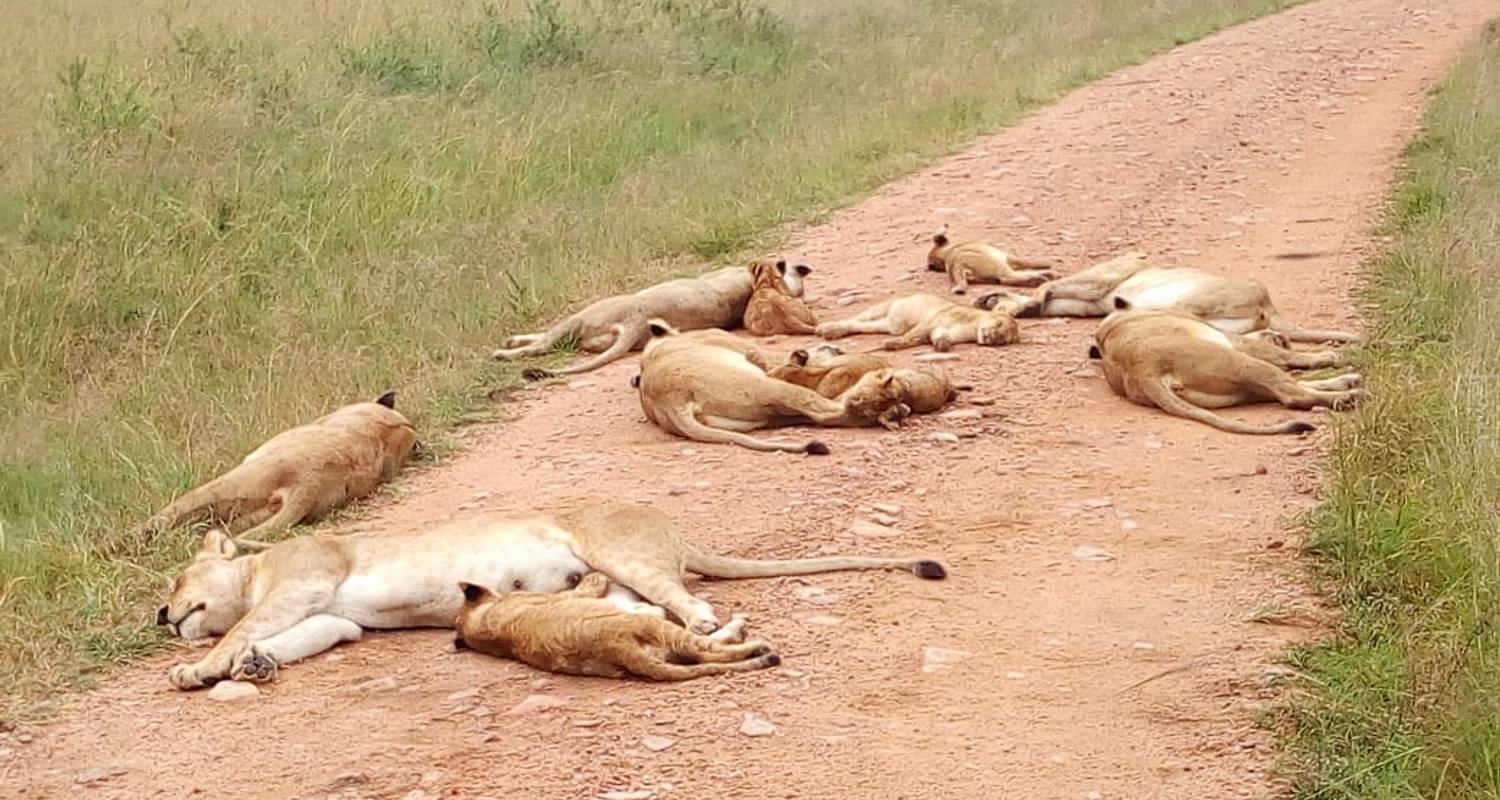Tsavo National Park: Where Conservation and Community Flourish Hand in Hand
Tsavo National Park, a true testament to Kenya’s commitment to conservation and community engagement, stands as a shining example of how wildlife preservation and sustainable development can go hand in hand. Embracing an area of over 20,800 square kilometers, Tsavo not only boasts a rich diversity of flora and fauna but also fosters a harmonious relationship between nature and the surrounding communities. Let us explore the unique initiatives that make Tsavo National Park a pioneer in balancing conservation with the well-being of its inhabitants.
Coexistence with Local Communities
Unlike many other national parks, Tsavo shares its boundaries with local communities, and this coexistence is fundamental to its success. The park management actively involves these communities in decision-making processes, recognizing their integral role in preserving the region’s biodiversity. By respecting traditional practices and incorporating local knowledge, Tsavo not only fosters a sense of ownership among residents but also ensures that conservation efforts are culturally sensitive and sustainable.
Community-Based Conservation Projects
Tsavo National Park supports an array of community-based conservation projects, which directly benefit the local population while promoting conservation values. These projects include eco-tourism ventures, sustainable farming initiatives, and efforts to reduce human-wildlife conflicts. By empowering communities through these projects, Tsavo creates a positive feedback loop that encourages residents to protect the park’s wildlife and habitats, which, in turn, drives eco-tourism and contributes to the community’s economic well-being.
Wildlife Corridors and Ecosystem Connectivity
Recognizing the importance of maintaining ecological connectivity, Tsavo National Park actively works to establish wildlife corridors and protect vital migration routes for animals. These corridors facilitate the movement of animals between Tsavo and neighboring ecosystems, allowing for gene flow and maintaining genetic diversity within populations. This ecological connectivity is essential for the long-term survival of many species, especially in the face of changing environmental conditions and human encroachment.
Conservation Education and Awareness
Conservation education and awareness initiatives play a crucial role in Tsavo National Park’s commitment to sustainable development. Through workshops, school programs, and community outreach, local residents are educated about the importance of wildlife conservation and the need to protect their natural heritage. By instilling a sense of pride and responsibility in the community, these initiatives cultivate a generation of conservation-minded individuals who will safeguard Tsavo’s biodiversity for generations to come.
Partnerships for Sustainable Tourism
Tsavo National Park has forged partnerships with responsible tourism operators to ensure that the tourism industry contributes positively to the park and its surrounding communities. These partnerships prioritize eco-friendly practices and emphasize the importance of responsible wildlife viewing. Visitors can enjoy immersive and educational experiences, knowing that their presence supports conservation efforts and helps uplift the local communities.
Conclusion
Tsavo National Park stands as a living example of the potential for conservation and community prosperity to coexist symbiotically. Through innovative approaches that prioritize local engagement, sustainable development, and responsible tourism, Tsavo has become a beacon of hope for the future of wildlife preservation in Africa. As we celebrate the park’s commitment to ecological balance and community welfare, we are reminded that only through such collaborative efforts can we protect the natural wonders of Tsavo and the unique cultural heritage that surrounds it. Tsavo National Park continues to inspire us all to unite in our quest to safeguard our planet’s biodiversity for generations to come.
